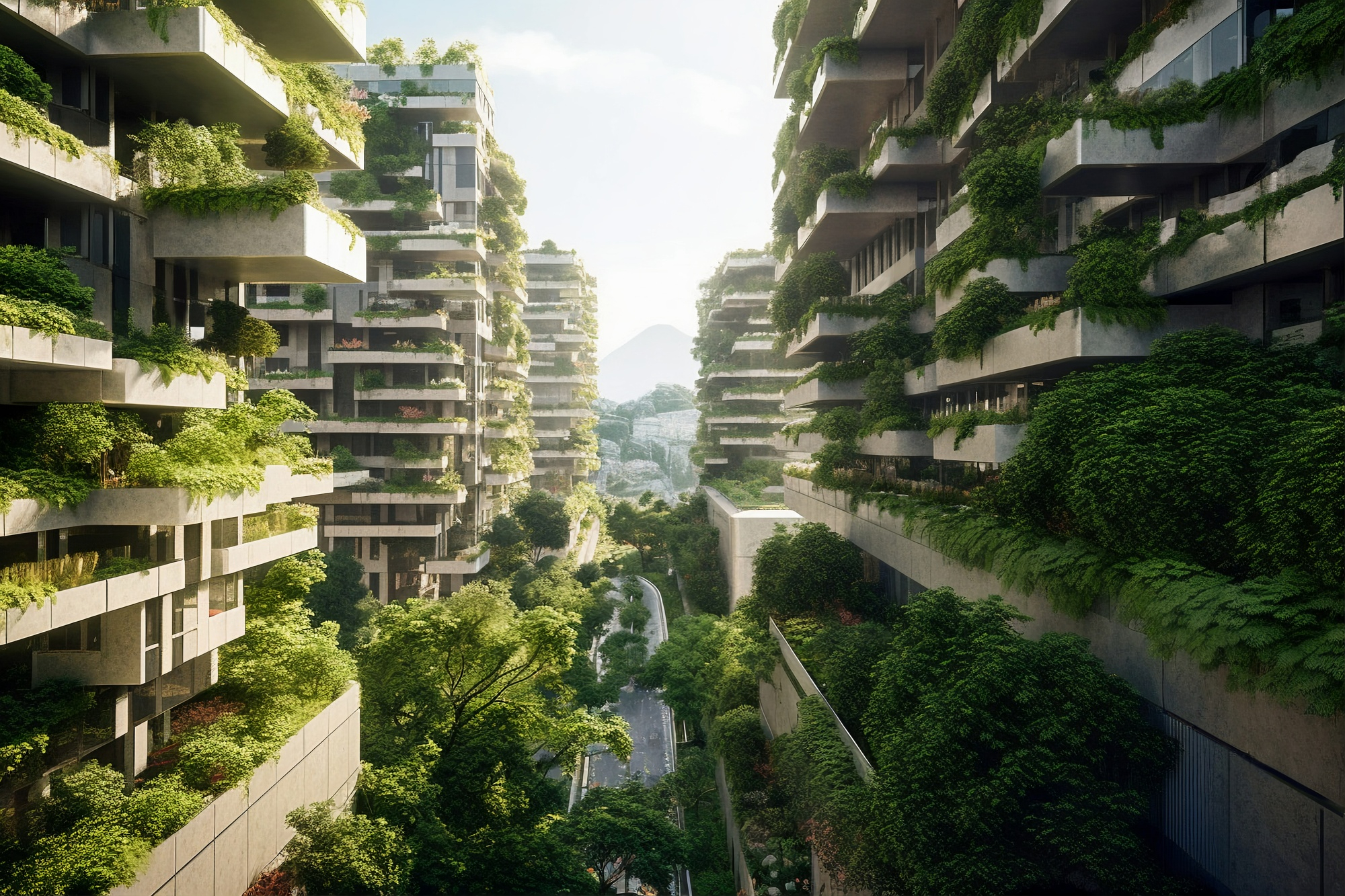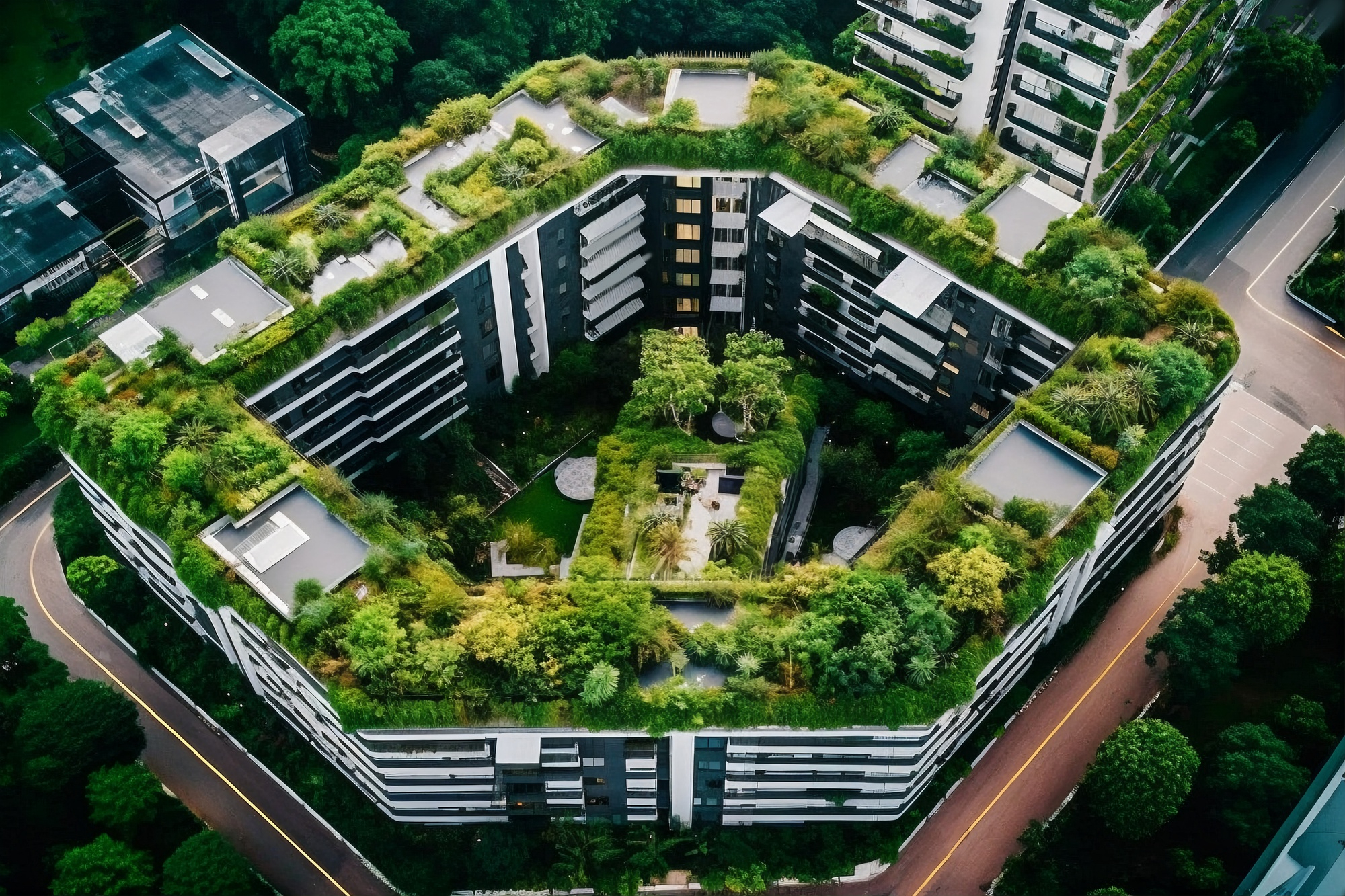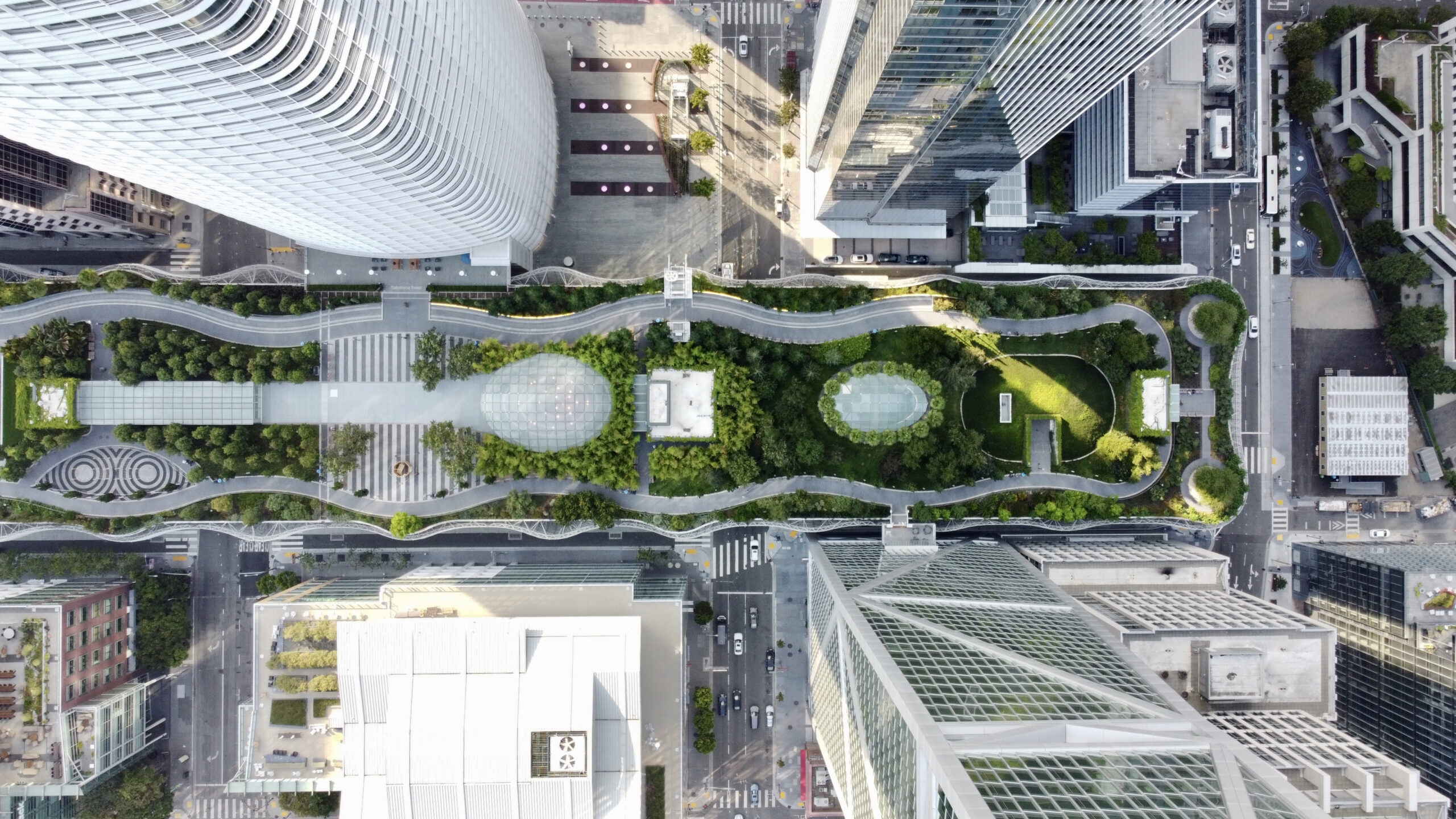In the ever-evolving landscape of construction, sustainability has become more than just a buzzword—it’s a driving force shaping the industry’s future. As we step away from 2023, the construction sector has witnessed a remarkable surge in sustainable practices. This blog post explores the highlights that reshaped the construction industry, making it more environmentally friendly, socially responsible, and economically viable.
Net-Zero Construction: Paving the Way for Carbon Neutrality
One of the prominent highlights of 2023 is the rise of net-zero construction projects. Building designs are now integrating renewable energy sources, energy-efficient technologies, and innovative materials to achieve carbon-neutral or even carbon-positive outcomes. From solar panels to advanced insulation systems, these projects are setting new standards for environmental responsibility.
Circular Economy Principles: Reducing Waste, Maximizing Resources
The construction industry is increasingly embracing the concept of a circular economy. In 2023, we saw a significant shift towards minimizing waste by repurposing and recycling materials. Projects were adopting practices that extend the lifespan of construction materials and reduce the overall environmental impact, ultimately contributing to a more sustainable and efficient construction process.

Green Roofs and Living Walls: Enhancing Urban Biodiversity
Urban landscapes are transforming with the incorporation of green roofs and living walls. Beyond their aesthetic appeal, these features contribute to improved insulation, reduced energy consumption, and enhanced biodiversity in urban areas. The move toward incorporating nature into construction projects reflects a commitment to creating more sustainable and livable spaces.
Smart Building Technologies: Optimizing Energy Consumption
The integration of smart technologies in construction gained momentum in 2023. From automated HVAC systems to sensor-driven lighting, buildings are becoming more intelligent in managing their energy consumption. These technologies not only enhance the overall efficiency of structures but also contribute to long-term construction sustainability by reducing energy waste.
Water-Positive Construction: Conserving Earth’s Most Precious Resource
As water scarcity becomes a growing concern globally, construction projects are adopting water-positive approaches. Rainwater harvesting systems, efficient irrigation practices, and the use of water-saving technologies are becoming standard features in sustainable construction. These initiatives aim not only to conserve water but also to contribute positively to local ecosystems.

BIM for Sustainable Design and Construction: Enhancing Collaboration
Building Information Modeling (BIM) is playing a pivotal role in promoting construction sustainability. By providing a collaborative platform for architects, engineers, and contractors, BIM facilitates the integration of sustainable design principles from the early stages of a project. This trend is fostering more holistic approaches to construction that consider environmental impact throughout the entire project lifecycle.
The sustainable efforts that shaped construction in 2023 are not merely fleeting fads but integral shifts towards a more responsible and resilient industry. As stakeholders increasingly recognize the importance of sustainable practices, these trends are expected to become standard practices. They are setting the stage for a construction sector that not only meets the needs of the present but also ensures a sustainable legacy for generations to come. Embrace these trends, and together, let’s build a future that is not just constructed, but conscientiously crafted for a better world.

